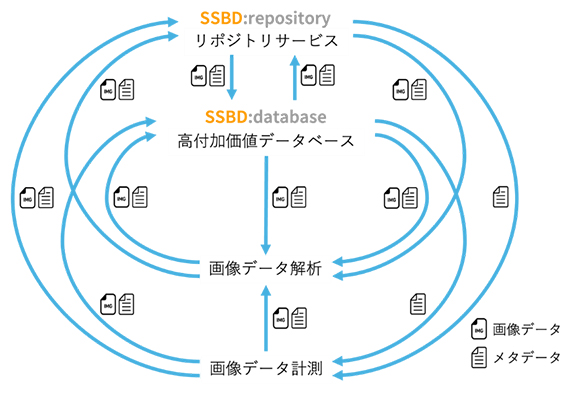2024-10-29 ペンシルベニア州立大学(PennState)
<関連情報>
- https://www.psu.edu/news/research/story/can-positive-outlook-aging-lead-better-cognitive-performance
- https://www.tandfonline.com/doi/full/10.1080/13607863.2024.2399080
期待通り?高齢者の老いへの期待は主観的認知と関連する Just as expected? Older adults’ aging expectations are associated with subjective cognition
Nikki L. Hill,Sakshi Bhargava,Justin Do,Emily Bratlee-Whitaker,Monique J. Brown,Renata Komalasari, …
Aging & Mental Health Published:06 Sep 2024
DOI:https://doi.org/10.1080/13607863.2024.2399080
Abstract
Objectives
This study investigated the relationship between older adults’ expectations regarding aging and subjective cognition. Specifically, we examined whether the three domains of aging expectations (physical health, mental health, and cognitive function) were associated with two aspects of subjective cognition: current subjective cognition and subjective cognitive decline (SCD).
Method
An online survey was conducted among U.S. adults aged 65-90 (N = 581; Mage=71.4, SD ± 4.81; 51% female). Measures included the 12-item Expectations Regarding Aging scale, the 8-item PROMIS Cognitive Abilities scale (current subjective cognition), and the 12-item Everyday Cognition scale (SCD). We used generalized linear models to examine associations between overall aging expectations and its three domains with current subjective cognition ratings and SCD.
Results
We found that more positive expectations regarding physical health, mental health, and cognitive function in aging were associated with higher ratings of current subjective cognition as well as lower SCD. The magnitude of effects across aging expectations domains were similar for both aspects of subjective cognition.
Conclusion
Aging expectations are malleable and influence an individual’s perceptions of their cognitive functioning. Modifying older adults’ aging expectations could support healthier cognitive aging through increased awareness and accurate assumptions about the aging process.



